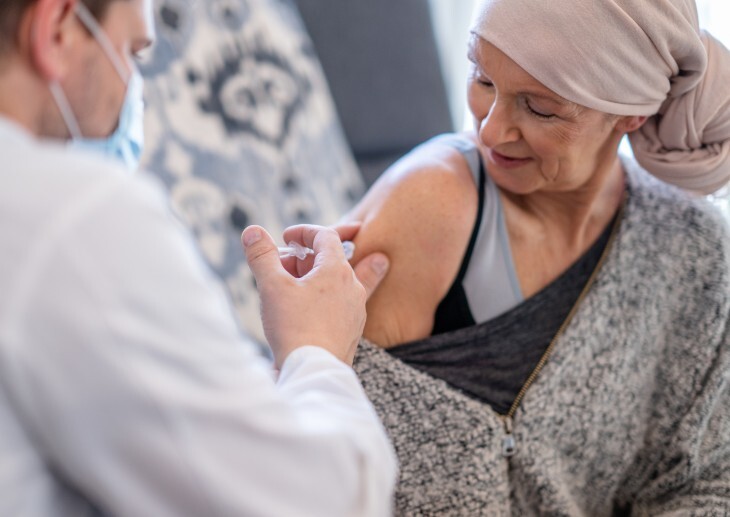Pharmacy First could free up more than 30 million GP appointments a year within two years, pharmacy leaders have claimed.
GP practices started referring patients to community pharmacies for seven common conditions – including sore throats, uncomplicated UTIs and ear infections – as the scheme launched at the end of January.
Now new figures from the Company Chemists’ Association (CCA) – the trade association for large pharmacy operators across Great Britain – showed that nearly 50,000 Pharmacy First consultations were delivered by their members in England between 31 January and 3 March – equivalent to nearly 1,500 consultations a day.
NHS England has targeted for the service to save up to 10 million general practice team appointments a year but the CCA said that their modelling showed that within two years, ‘over 30 million appointments could be transferred’ from general practice to community pharmacies annually.
Data from the CCA from just over 3,000 pharmacies showed that 93% of these sites have provided at least one consultation for one of the seven conditions.
According to the data, two and half times more consultations took place in areas of higher deprivation and nearly a third of all consultations were conducted out-of-hours.
Amongst the seven conditions, sore throat has seen the highest proportion of consultations (31%), followed by uncomplicated urinary tract infections (27%), earache (16%) and sinusitis (14%).
Summary of CCA findings
- Across the first month, nearly 50,000 Pharmacy First consultations were delivered by CCA members alone, equivalent to nearly 1,500 consultations a day.
- Of those, two and half more consultations took place in areas of higher deprivation.
- Nearly a third of all consultations were undertaken ‘out of hours’ – outside of the typical working day (9am – 6pm) and during weekends.
- Sore throat has seen the highest proportion of consultations (31%), closely followed by uncomplicated urinary tract infections (27%), earache (16%) and sinusitis (14%).
- The CCA is urging policymakers to:
-
- Commit to fund the Pharmacy First service beyond 2025.
- Consider how the service could be expanded beyond the current seven conditions.
Source: CCA
A report from the CCA said: ‘CCA modelling shows that a fully-funded and ambitious Pharmacy First service in England could free up 30m+ GP appointments a year, mirroring highly successful approaches taken in Scotland and Wales.
‘Funding for the service is currently only assured until March next year. Therefore, we are urging policymakers to commit to funding for the service beyond 2025, to provide the sector with the confidence to invest even more in delivering the service, and to give patients the certainty that they can to access the care they need from their local pharmacy.’
But Professor Azeem Majeed, head of the Department of Primary Care & Public Health at Imperial College London, said he ‘would be surprised’ if the scheme managed to save 30 million appointments per year.
He said: ‘We await independent evaluation of Pharmacy First but I would be surprised if it saved general practices 30 million appointments per year or had many benefits for general practices.
‘Pharmacists have an important role in healthcare delivery but my view is that this is best achieved through full integration of their roles with primary care teams.
‘I view Pharmacy First as a short-term solution from NHS England that will have limited benefits whereas what we need are longer term changes that encourage the integration of pharmacy and general practice services. However, this is likely to be too radical an approach for NHS England.’
Surrey GP Dr Dave Triska said that the scheme is ‘well-intended’ but ‘barely scratching the surface of the real problems’ in general practice.
He said: ‘I assume they are just looking at data for those types of conditions. Firstly, that’s assuming there is no rework [to the scheme] at all.
‘Secondly, that’s assuming those consultations take any time at all. This is the equivalent of promising a robovac for a house where the walls are falling down, the roof is leaking and the mortgage is about to foreclose: well intended but barely scratching the surface of the real problems.’
In all, 10,265 community pharmacies are offering the service, while NHS England said 5,367 have now also signed up to offer the NHS Pharmacy Contraception Service which launched last year.
But some pharmacies may not be offering consultations or treatment for otitis media (earache) until 1 April as NHSE allowed them to delay that part of the service if they had ordered otoscope equipment that had not yet arrived.
A version of this story was first published on our sister title Pulse.





